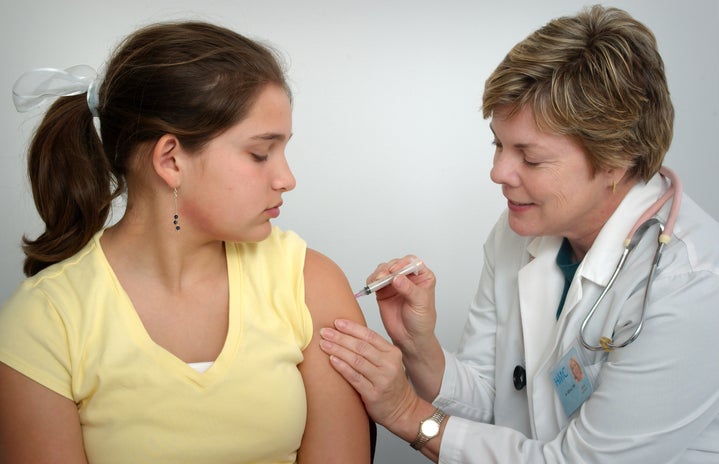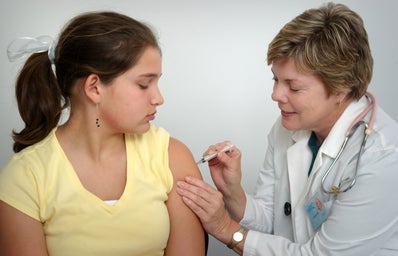On Friday, April 2nd, the state of Colorado announced that everyone 16 and up became eligible to get the Pfizer vaccine, and everyone 18 and up became eligible for the Moderna and Johnson & Johnson vaccine. Whether you’re high risk or not, getting vaccinated as soon as you can is extremely important.
Pfizer, Moderna, and Johnson & Johnson have all been proven to be safe and effective. Let’s face it, nobody wants to get sick and this can especially be scary when long-term effects are so unclear. Older, high-risk populations are more susceptible to lingering COVID effects, however, it’s not unheard of for young, healthy people to experience alarming symptoms. Some of which include: memory, concentration, or sleep problems, chest pain, joint pain, shortness of breath, or even damage to vital organs like your heart, lungs, and brain. It’s important to remember that much of COVID-19 and its effects are still being studied and monitored. With this, it’s also crucial to consider that even if you have had COVID before, there is no evidence that shows you cannot contract it again. Get vaccinated to protect yourself, you never know how the disease will affect you.
Getting vaccinated not only protects yourself but everyone around you. This concept is known as herd immunity. We all saw how rapidly COVID-19 spread in such a short amount of time. However, when enough people are vaccinated these germs cannot spread as quickly, therefore, protecting communities from getting the disease. This also means that people who are unable to be vaccinated or need to wait longer to get it (such as people who have cancer, HIV/AIDS, type 1 diabetes, or weakened/failing immune systems) are also protected. If someone were to get sick, there is a less likely chance of an outbreak because it is harder to spread. People who cannot be vaccinated are counting on those who can.

Stuart Cohen, chief of the Division of Infectious Diseases and director of hospital epidemiology and infection control at UC Davis Health, says: “if we get people vaccinated quickly, then we have a fighting chance to stop it.” Every time someone contracts the virus, there is a chance that it multiples and mutates. This means that there is room for the virus to create a variant that can overpower the vaccine. If we reach a level of herd immunity soon, we don’t have to worry about this happening.
COVID vaccinations will help build herd immunity, resulting in protecting yourself and others. Getting vaccinated will also be your ticket to getting your life back to normal! You can start looking forward to perhaps a little less stress regarding COVID and, eventually, traveling, concerts, and more.



